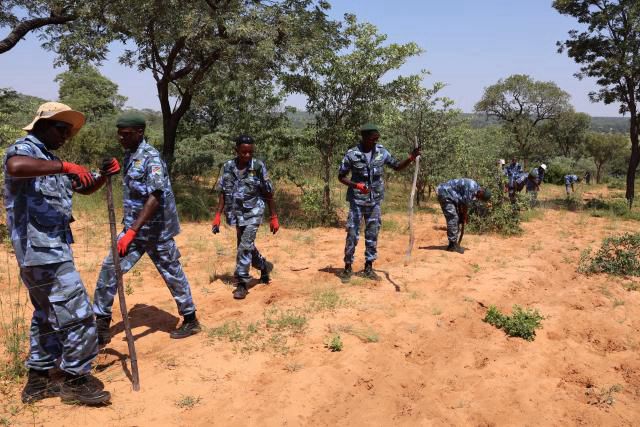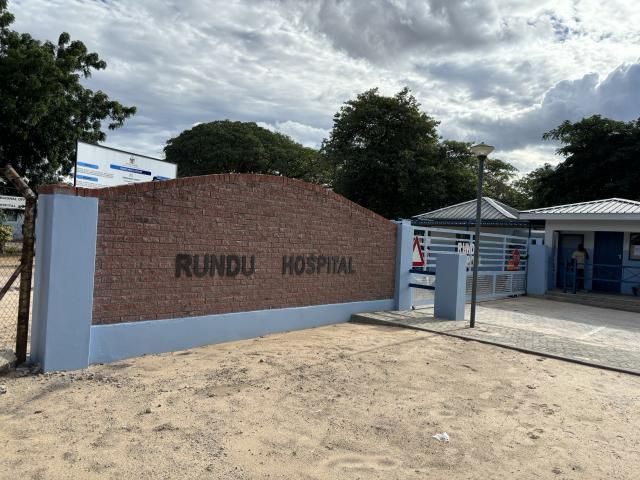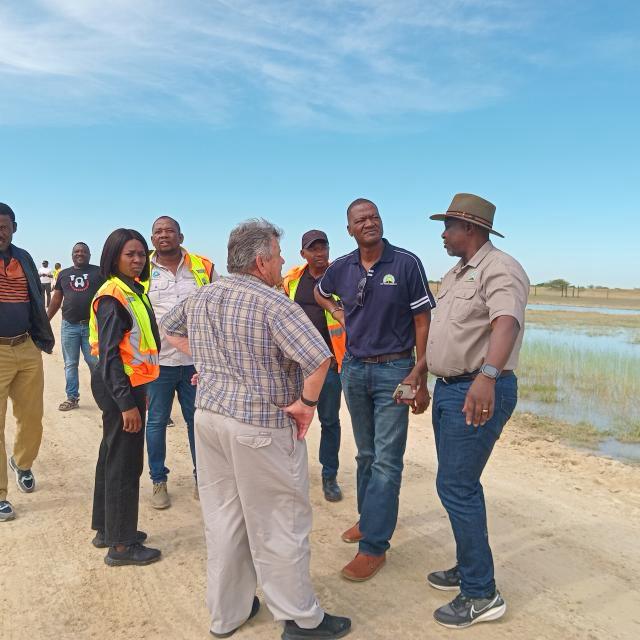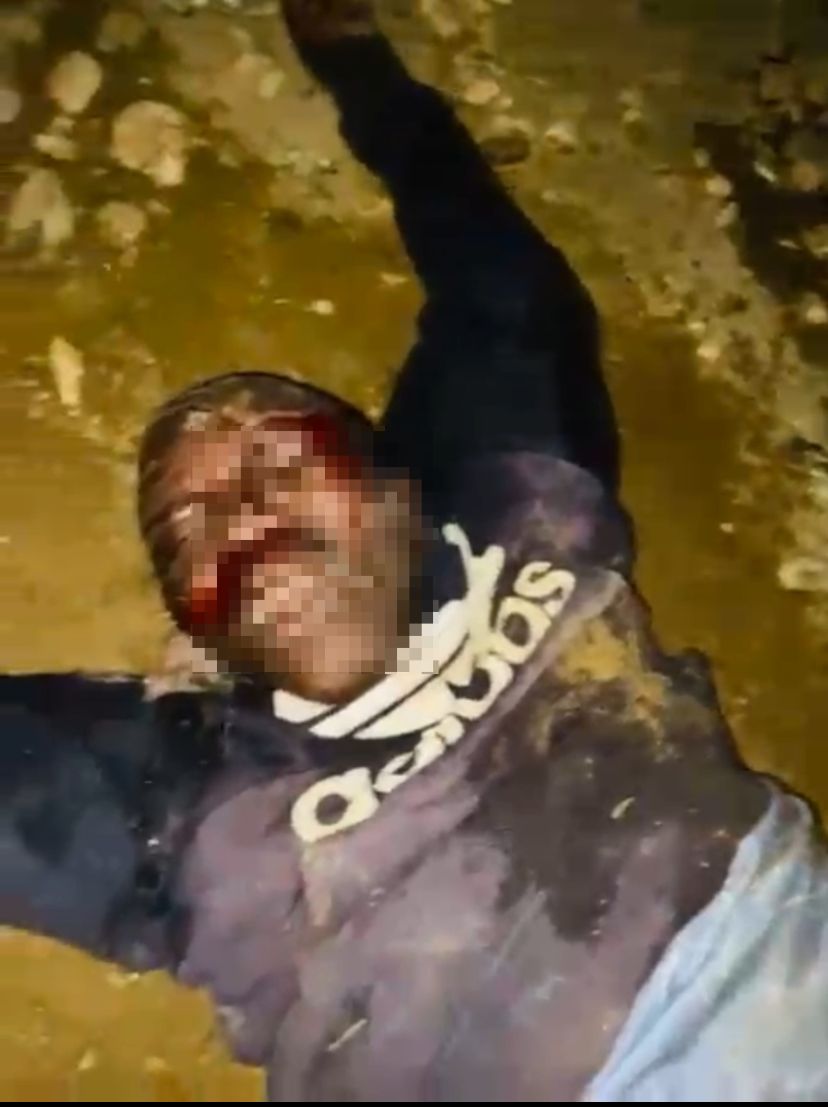AT the time of writing this column in the cosy enclave of Geneva, the Minister of Information, Joel Kaapanda, is possibly sitting with recommendations for the new Director General of the NBC.
His choice for the position is perhaps made already: the die could have been cast way before the position was advertised, which of course makes a circus of the whole process.Still, this would be inconsequential if the public was convinced that Government as shareholder would ensure that the best man or woman gets the job. One can only hope in this case, even if hope alone is not enough: that the right things ought to be seen to be done with regard to the NBC. The NBC has had bad leadership in the past and this has been in part an explanation for its failure to serve the public. However, there is a caveat here: the difficulty as we have observed is not only bad leadership. Bad leadership at the public broadcaster is just the end result of the Government’s lack of a clear mandate and vision for the public broadcaster. In the absence of this clear mandate and vision, this scenario could imply and has implied that good leadership on the part of the board and management turned out to be bad leadership in the eyes of Government. The adverse is also true: Government could see bad leadership as good leadership. There are cases where Government was seen to deliberately tie intractable knots to make life thorny for the board or selected individuals and management. Looking at it this way, success at the NBC is a matter of perspective. Importantly it is tied to political conjuncture. These two conundrums explain in part the NBC as an albatross institution and its inability to bottom out of perpetual crises. These conundrums invite the auxiliary question as to what a new DG may bring to the public broadcaster. The NBC has turned me into an abysmal pessimist. So, I believe not much. The new DG risks the danger of falling in the same labyrinth, which has been the fate of previous DGs. I don’t mean to say that he or she may not have leadership qualities, including brilliant ideas. These are simply not enough as past experience has shown. The NBC’s problems don’t only relate to appointing a savvy DG who would ensure that it becomes a credible media institution: with updated websites and fresh news; beaming radio via the Internet; radio and video podcasts etc. Admittedly, the NBC has not entered the modern information age. It is rudimentary media. But all these may not mean much in the absence of a strategic vision of public broadcasting. Government’s vision of the NBC has been all about tactics: Ministers, MPs, political parties and other notables fighting for coverage of their at times menial events. Oftentimes, this rather tactical vision has meant exclusion of contradictory opinions and political gang beating of opposition parties and those seen to be different. Imagine, there has hardly been a debate about how NBC programming, both cultural and political, not only broadens our horizons, but also fosters unity among Namibians. The discussion has mostly centred on the politics of exclusion. The DG has to pander to this party-political role at the service of this or that faction. In fact, our politicians are fine when the NBC shows old Mexican soapies and programmes during prime time, as long as it is not political rivals or opposition parties. The expansive, but crucial question then would be: what is Government’s vision of a public broadcaster in an emerging democracy? I believe it is here where the work of the new DG has to start. It is also a question that he or she must ask not only for driving the institution forward, but also for his own peace of mind in the event of ‘failure’. Much of the meddling and political quarrels have this less articulated question as a source. Why is Government’s vision and how it is framed crucial? The NBC as a public broadcaster is an important transmission belt of information, knowledge and ideas. In fulfilling this role diverse content is crucial because programming must be articulated in a context that nurtures and animate the democratic values to which we committed ourselves as a country. In the absence of a strategic understanding of the NBC, notably a commitment to its role in promoting democracy by giving voice to all Namibians, the NBC will remain cacophonous. In a climate of gridlock infused by the factional politics of politicians, the vitality and creativity of the NBC is certainly impossible. Only after it has been liberated from the political gridlock will the NBC be a credible media institution. Any serious DG would have to start with a blueprint or charter that takes the NBC out of this gridlock. The alternative is that like many of the DGs before, he or she may spend time in office like a rabbit in the headlights, scared and deterred by individuals more powerful, and perpetuate the prevailing narrative where the NBC failed to live up to the high standards we expect from a public broadcaster in nurturing a vibrant democracy. * Alfredo Tjiurimo Hengari is a PhD fellow in political science at the University of Paris- Panthéon Sorbonne, France.
Stay informed with The Namibian – your source for credible journalism. Get in-depth reporting and opinions for
only N$85 a month. Invest in journalism, invest in democracy –
Subscribe Now!










